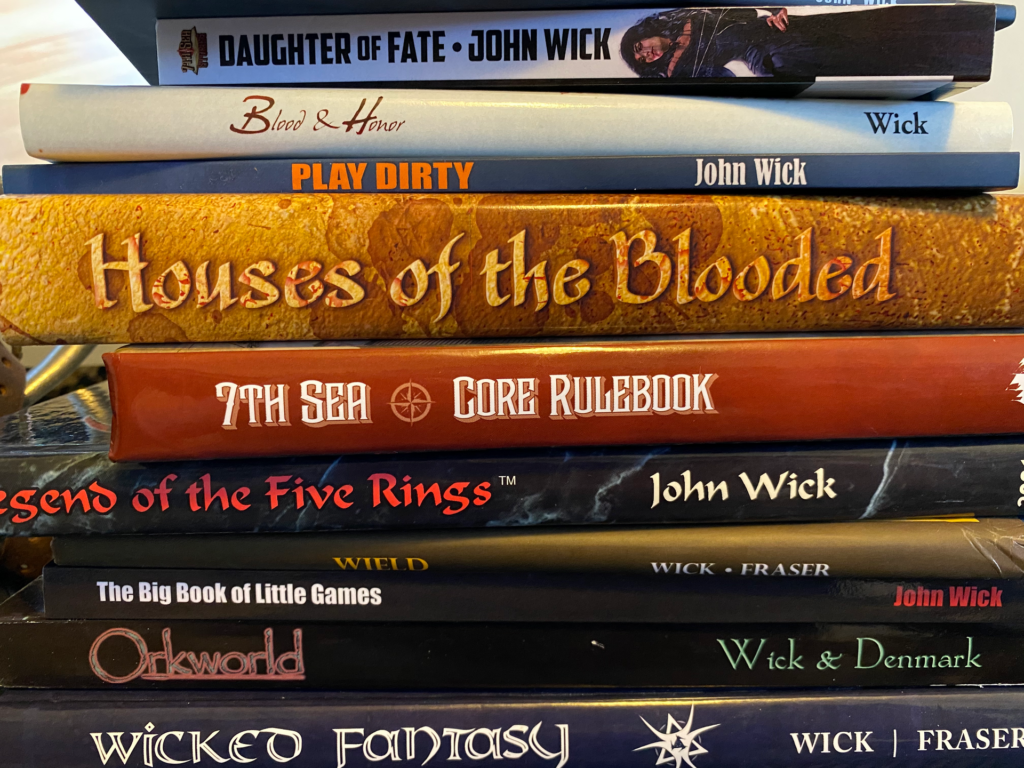
Just yesterday, Bob Dylan won the Nobel Prize for Literature. Since hearing the news, his words have been dancing around in my head, demanding attention. I was never a big Dylan fan when I was younger. I didn’t like his voice, felt his guitar playing was… adequate… and put my attention to musicians who were more devoted to playing in strange time signatures.
(Yes, I’m a Rush fan.)
But as I got older, I started appreciating his work more. Especially his poetry. Describing what makes Dylan’s words so special is not an easy task. The subtlety and nuance, the pure poetry of his lyrics… See, Rush fans are typically musicians because musicians can hear the complexity and nuance and poetry of the music. As a drummer, I could listen to Neil Peart play the skins all day long. Sure, watching him bang away with speed and accuracy is one thing, but knowing exactly what he’s doing, and then watching him do it… as a drummer, it’s simply amazing.
Now, a it turns out, I had to become a better writer to hear what Dylan was doing with words.
I was a Lovecraft fan when I was younger. Well, I still am, but less so now. Lovecraft’s prose was… well, let’s just say you don’t become a Lovecraft fan because of his prose. You become a Lovecraft fan because of his ideas. I had to put some on some miles—and read different writers—before I started gaining an appreciation for what Dylan was doing. But once I got it… I got it.
My favorite Dylan song always chokes me up. A play on the Lord Randall ballad, a mother sees her son who left home long ago, returning to the place of his birth. She asks, “Where have you been, my son?” and the balladeer answers, describing the places he’s seen since he left.
In Dylan’s version, the places he describes are nothing short of nightmares. Dark, miserable descriptions of the 1960’s. Awful places I’d never want to be or see or even think about.
I saw a newborn baby with wild wolves all around it
I saw a highway of diamonds with nobody on it
I saw a black branch with blood that kept drippin’
Listening to the lyrics now, reminded that he wrote them in 1961, describing the things he’d seen and putting them down on the page. Seven years before I was born. But I look around now, and I see the same things he saw. The world hasn’t really changed all that much. Yes, the internet is here, and cops are still shooting black men face-down on the street. Yes, we can travel all the way around the world, and in this year’s election, we have to choose between the lesser of who cares. (Thank you Aaron Sorkin.) We eradicated Polio, only to have it show up again because people would rather listen to ex-Playboy bunnies than doctors. No, the world hasn’t changed all that much.
And, at the end, the mother asks her prodigal child, “What will you do now?” And the answer he gives is the part I choke up. Always.
After all the horror he’s seen, he hasn’t given up hope. Instead, he will go back into those awful places, singing the songs of hope he brought with him.
And I’ll tell and speak it and think it and breathe it
And reflect from the mountain so all souls can see it
And I’ll stand on the ocean until I start sinkin’
But I’ll know my song well before I start singing
Many of my friends tell me today’s political climate has murdered their hope. Looking at the world today does not fill my heart with despair. It reminds me that I’m not singing that song of hope loud enough. Others need to hear it. In the shadowy places where “none is the number,” they need to hear it. The hard rain that’s coming will wash all of the filth and heartbreak and hatred and scum away. It’s coming. You’ve got to believe me, it’s coming.
Evil thrives on silence. That’s why we cannot be silent. Speak. Shout. And sing. For all you’re worth, stand on the rooftop, stand on the mountain, stand in the gutter… and sing.
